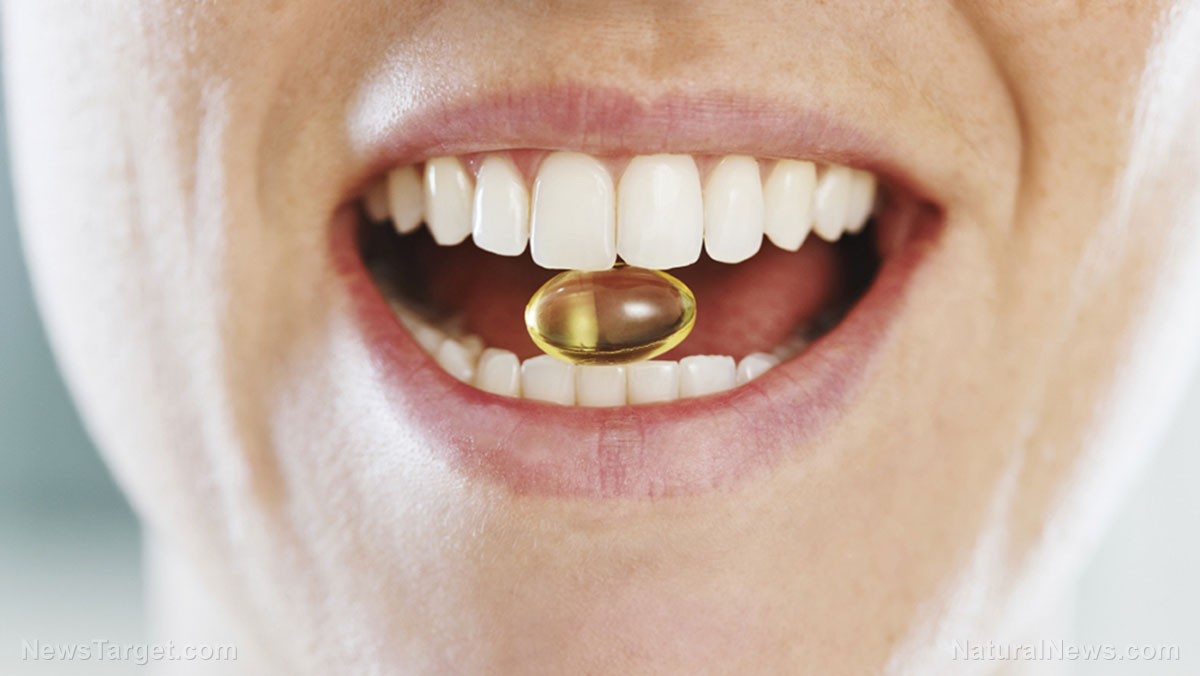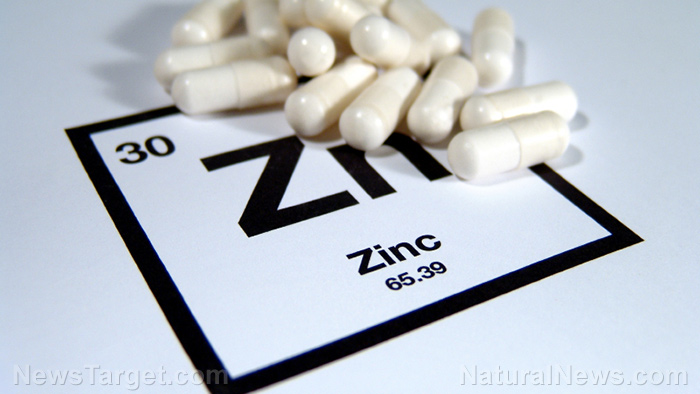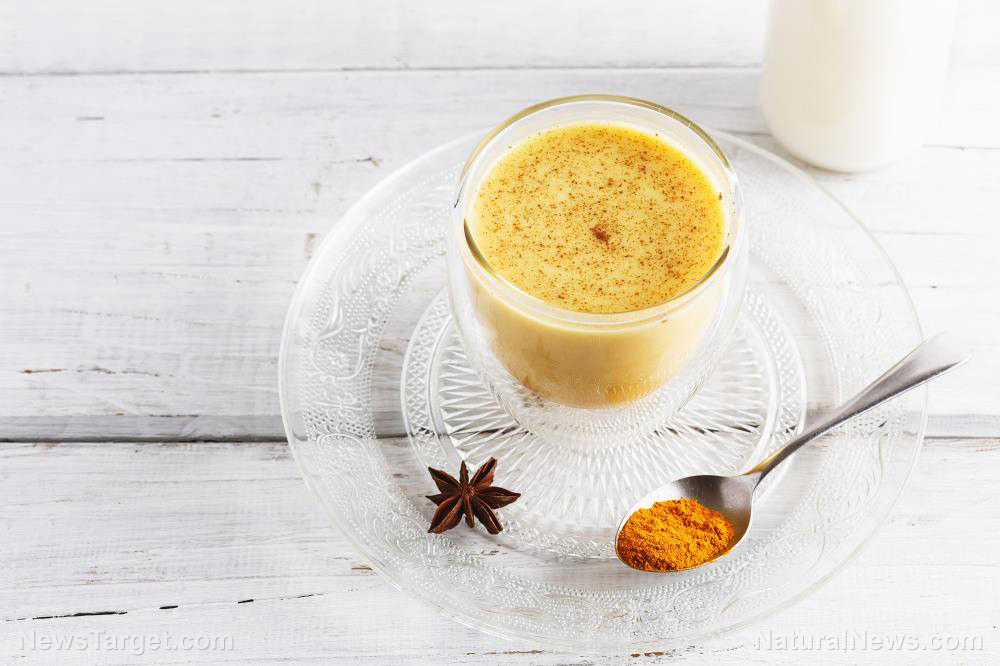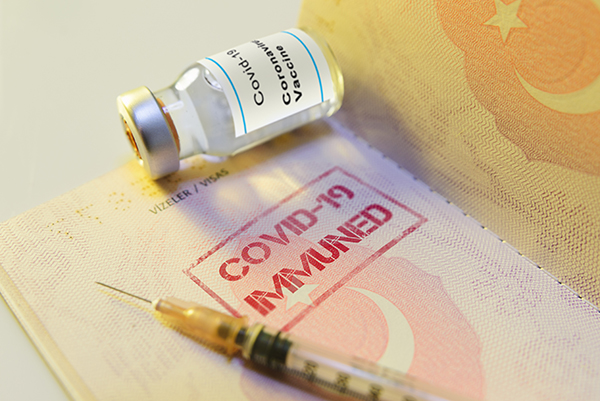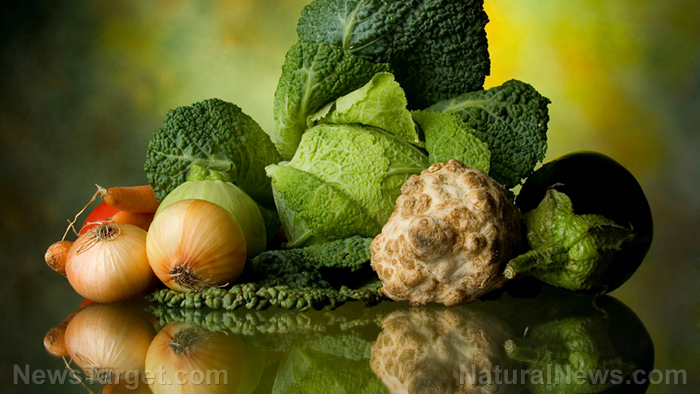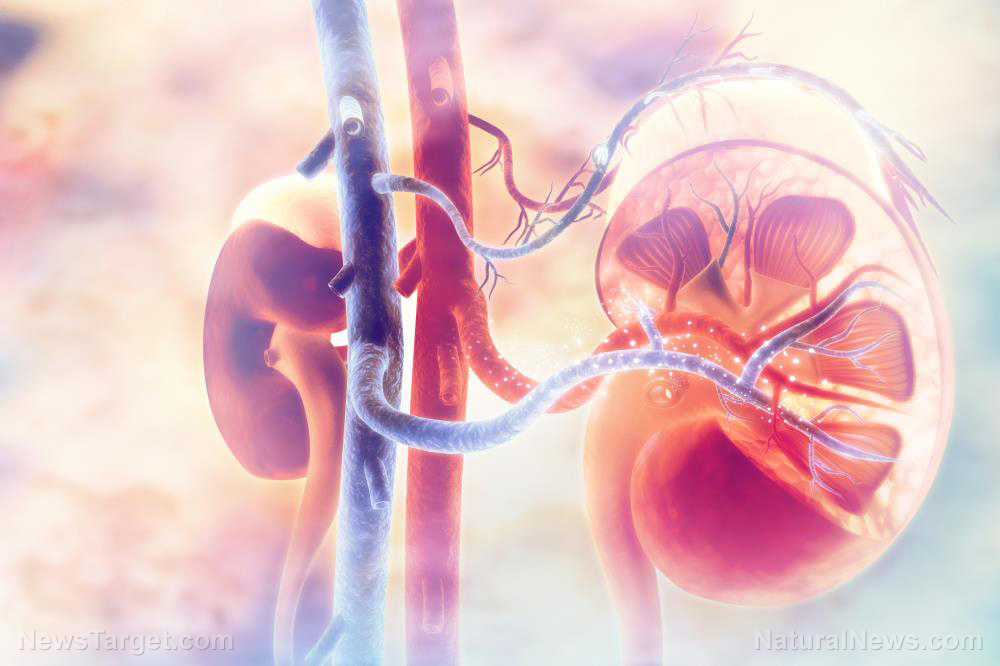Standardized botanical composition UP601 can suppress appetite better than other weight loss supplements, says study
04/19/2021 / By Evangelyn Rodriguez

One of the keys to good health is maintaining a healthy weight. Time and again, health experts have emphasized the importance of weight management, as excessive fat accumulation — better known as obesity — is linked to life-threatening diseases, such as hypertension, Type 2 diabetes, coronary heart disease and stroke.
However, keeping off weight is easier said than done. Besides following a well-balanced diet, exercising regularly is also an important part of healthy weight management. And for those struggling to shed some pounds, supplements that promote fat burning and suppress the appetite may also come in handy.
Today, the market is saturated with all kinds of health supplements, not least of which are diet or weight loss supplements. In a recent study, American and South Korean researchers evaluated the efficacy of well-known natural ingredients used in weight loss supplements to suppress appetite. According to research, people who combine healthy lifestyle changes with appetite suppressants lose up to 9 percent of their weight within 12 months.
The researchers reported their findings in an article published in the Journal of Dietary Supplements.
The best combination of natural extracts to help you lose weight
An imbalance between food intake and energy expenditure is believed to be a hallmark of obesity. A complex condition that increases a person’s risk of several chronic diseases, obesity is now considered a global epidemic that is swiftly taking over many parts of the world.
Today, there are many plant-based weight management products available to dieters, but no study has ever compared the efficacy of these supplements. To address this, the researchers decided to conduct an in vivo acute feed intake study and test common weight loss ingredients using rats.
The ingredients they included were pure caffeine, potato skin extract, Cissus quadrangularis (veld grape) extract, Garcinia cambogia (brindleberry) extract, Crocus sativus (saffron crocus) extract and raspberry ketone isolated from Rubus idaeus (red raspberry). They also looked at the efficacy of a commercial product known as Appetrex and a novel formulation called UP601.
The researchers reported that rats treated with potato skin extract, saffron crocus bulb extract and veld grape extract showed a significant reduction in food consumption (44.9, 34.1 and 44.3 percent, respectively) two hours after food provision. The rats received an equivalent human dosage of 2 grams (g) of potato skin extract, 10 g of saffron crocus extract and 10 g of veld grape extract.
Meanwhile, those treated with brindleberry fruit extract and raspberry ketone showed a significant reduction in food consumption (33.7 and 79.4 percent, respectively) one hour after food provision. The animals received an equivalent human dosage of 8 g of brindleberry extract and 5 g of raspberry ketone. (Related: Can cinnamon extracts help with diabetes and obesity?)
When the researchers compared UP601 and Appetrex (230 mg/kg), they found that rats treated with the former showed 88.5, 73.8 and 63.1 percent reductions in food intake one hour, two hours and four hours after food provision. Meanwhile, those treated with Appetrex showed 64.2, 27.5 and 34.7 percent reductions at the same time points after food provision. These results suggest that UP601 is more effective than Appetrex and the other ingredients tested in the study.
UP601 is a standardized blend of extracts from Morus alba (white mulberry), Ilex paraguariensis (Yerba mate) and Magnolia officinalis (magnolia bark). According to a study published in the Journal of Medicinal Food, white mulberry contains two potent compounds — kuwanon G and albanin G — that can block endocannabinoid binding to the CB1 receptor in the brain. This binding is said to stimulate appetite and ingestive behaviors.
Yerba mate is a popular herbal tea made from the caffeinated leaves of a South American plant. It is rich in chlorogenic acid that suppresses body fat accumulation and weight gain by reducing the expression of genes involved in adipogenesis (formation of fat cells). Meanwhile, magnolia bark extracts have been found to inhibit weight gain in mice fed a high-fat diet. Researchers attribute this effect to magnolia’s active component, 4-O-methylhonokiol, which can reduce lipid accumulation associated with obesity.
All in all, the researchers said that UP601 has the highest appetite suppression efficacy out of all the weight loss supplements they tested. This potent combination of plant extracts can therefore be used to manage weight and fight obesity.
Sources include:
Tagged Under: alternative medicine, appetite suppression, fight obesity, herbal medicine, Herbs, natural medicine, phytonutrients, remedies, research, slender, supplements, weight loss, weight management
RECENT NEWS & ARTICLES
COPYRIGHT © 2017 NATURAL MEDICINE NEWS





